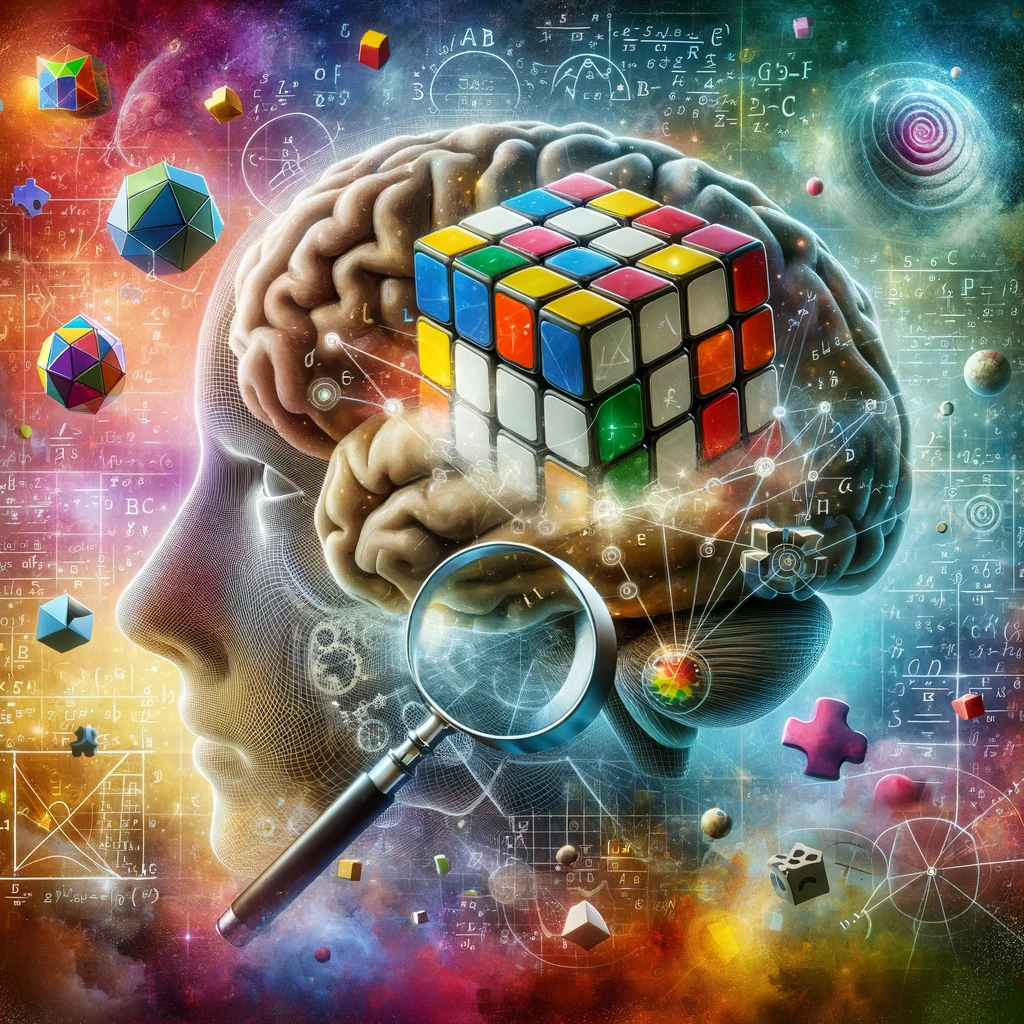Enhancing Your Spatial Skills
The Key to Navigating and Understanding the World Around Us
Spatial skills, often overlooked in traditional education, are a crucial set of abilities that allow us to interpret and navigate the physical space around us. These skills are not just for architects or engineers; they play a significant role in everyday life, from organizing your living room to understanding maps and playing sports. In this blog post, we will delve into what spatial skills are, why they are important, and how you can improve them.
Understanding Spatial Skills
Spatial skills refer to the ability to understand, reason, and remember the spatial relations among objects or space. These skills are used when you visualize different scenarios, such as when a soccer player anticipates where a ball will land, or when a chef cuts a recipe’s ingredients into equal parts. There are several types of spatial skills:

Jaryl Lee – Rubik’s Cube – Spatial Skills
Spatial Visualization: The ability to manipulate or rotate objects in your mind.
Spatial Orientation: Understanding how objects are related to each other in space.
Spatial Relations: Determining how objects will fit together in a given space.
The Importance of Spatial Skills
Problem-Solving: Spatial skills are key in solving everyday problems and puzzles, like fitting luggage into a car trunk.
STEM Fields: These skills are fundamental in science, technology, engineering, and mathematics.
Navigation: From reading maps to using GPS systems, spatial skills help in orienting ourselves in different environments.
Art and Design: Spatial skills are crucial for artists, architects, and designers, who must envision and manipulate complex designs.
How to Enhance Your Spatial Skills
1. Engage in Spatial Activities
Puzzles and Games: Rubik’s Cube. Jigsaw puzzles, video games, and board games like International Chess can enhance spatial reasoning.
Drawing and Modeling: Sketching or building models can improve your ability to visualize and manipulate objects.
2. Use Technology
Virtual Reality (VR): VR games and simulations offer a highly engaging way to develop spatial skills.
Educational Apps: There are many apps designed to improve spatial reasoning through exercises and games.
3. Physical Exercise
Sports: Activities like soccer, basketball, or dance require a good understanding of space and movement.
Yoga and Martial Arts: These practices enhance body awareness and spatial orientation.
4. Mindful Observation
Explore New Places: Traveling or exploring unfamiliar areas can sharpen your navigation skills.
Mindful Observation: Pay attention to your surroundings and try to visualize layouts or maps in your mind.
5. Learning and Education
Courses and Workshops: Look for classes that focus on spatial skills, such as architecture, art, or geometry.
Read and Research: Books and articles on spatial intelligence can provide insights and exercises.
Spatial skills are a valuable asset in many aspects of life. By understanding and enhancing these abilities, we can improve our problem-solving skills, navigate the world more effectively, and engage more deeply in activities that require spatial understanding. Whether through games, technology, physical exercise, or education, there are numerous ways to develop and refine these skills.